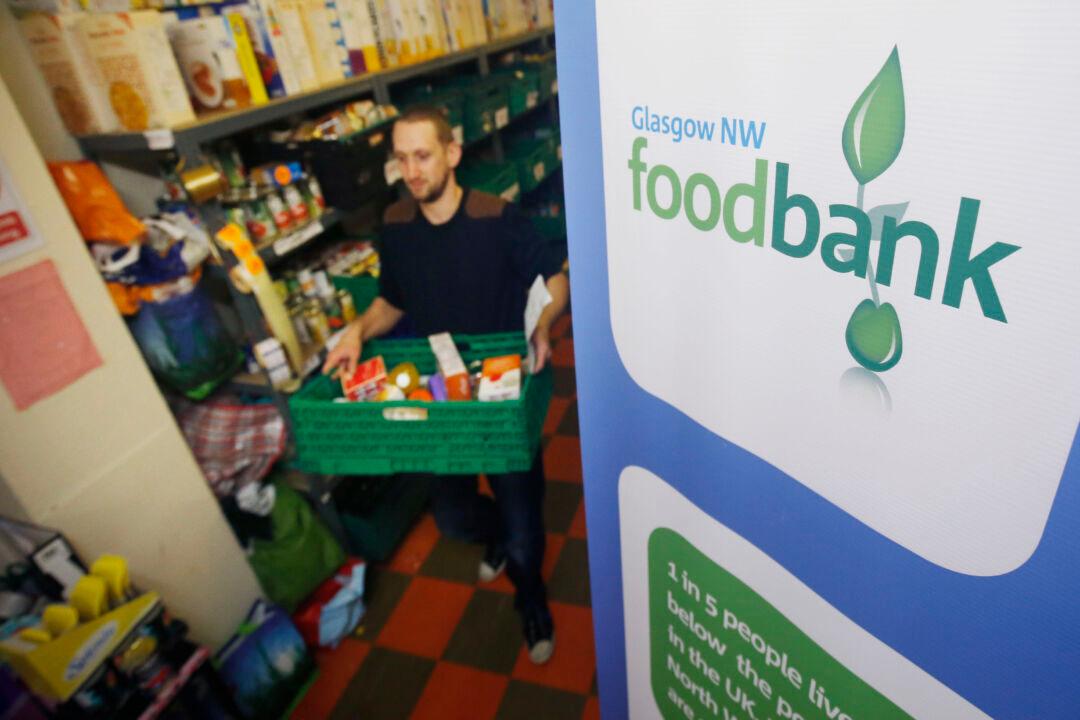A record 9.3 million people in the UK are facing hunger and hardship, a report by an anti-poverty charity has found.
One in seven people and one in five children across the country are in a situation where they are likely to turn to a food bank, data by Trussell have revealed.
Current levels are more than a third higher, with a further 425,000 people projected to face hunger and hardship by 2026–2027. The next two years could see 170,000 more children in poverty and hunger, unless action is taken, Trussell warned.
“It’s 2024 and we’re facing historically high levels of food bank need. As a society, we cannot allow this to continue. We must not let food banks become the new norm,” said Trussell Chief Executive Emma Revie.
Trussell warned that without change, the situation will get worse, disproportionately affecting people in disabled families and racialised communities.
Its analysis showed that 53 percent of people currently facing hunger and hardship live in a disabled family. One in three people in single-parent families also face these risks. Babies and children up to the age of 4 face the highest risk compared to other age groups, the charity said.
Some groups across society are bearing the burden more than most, with hunger and hardship rates the highest for black, African, Caribbean, or black British families.
Benefits
Millions in the UK use food banks and faced with the cost-of-living crisis, the number of food insecure households is on the rise. Last year, the charity supplied 3.12 million emergency food parcels, the highest number distributed by the network in a year.Trussell said that while the cost-of-living crisis and the effects of COVID-19 pandemic lockdowns have influenced poverty and increased food emergencies, these factors alone do not fully account for the current levels of hardship.
The surge in hunger and hardship was fuelled by the roll out of Universal Credit and caps to the amount people could receive, the report said. It added that successive freezes and cuts to the real value of social security payments had also played a role.
The charity called on the government to deliver on its promise to end the need for emergency food, which Labour has described as a “moral scar” on British society.
It called for an Essentials Guarantee, a standard allowance in Universal Credit to cover the basic necessities. The report also said that expansion of free school meals to all primary and secondary school children in families claiming Universal Credit is necessary.
Commenting on the two-child limit and the benefit cap, Trussell said that scrapping the restriction would reduce the number of struggling families by 9 percent. This amounts to 825,000 people including 570,000 children.
The government says it is committed to reducing child poverty and has launched a new Child Poverty Unit in the Cabinet Office to create an “ambitious” anti-poverty strategy.







